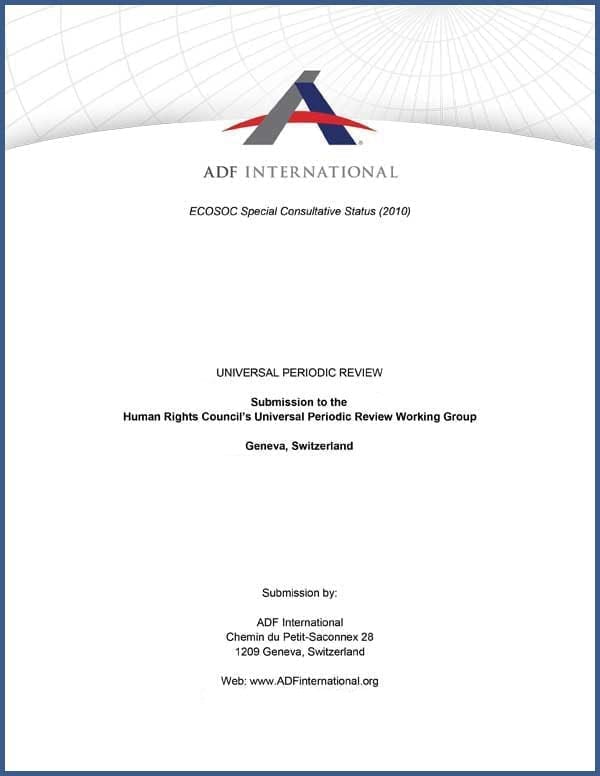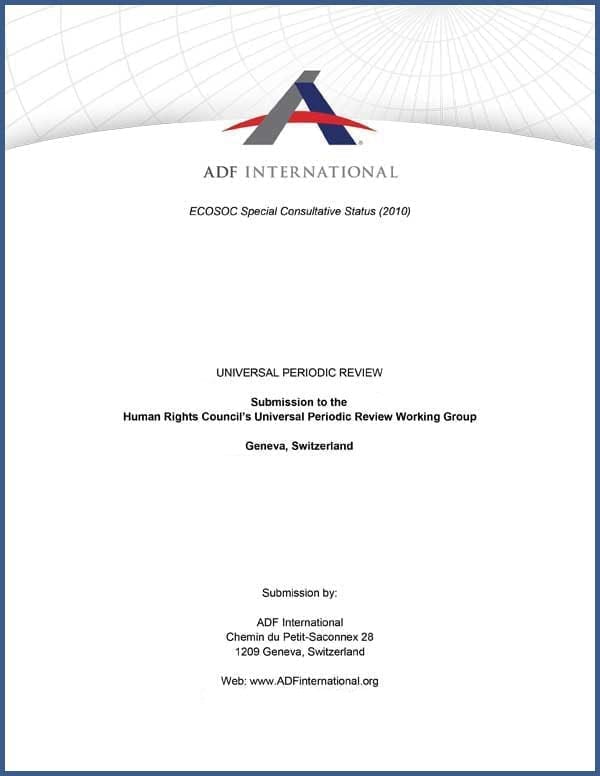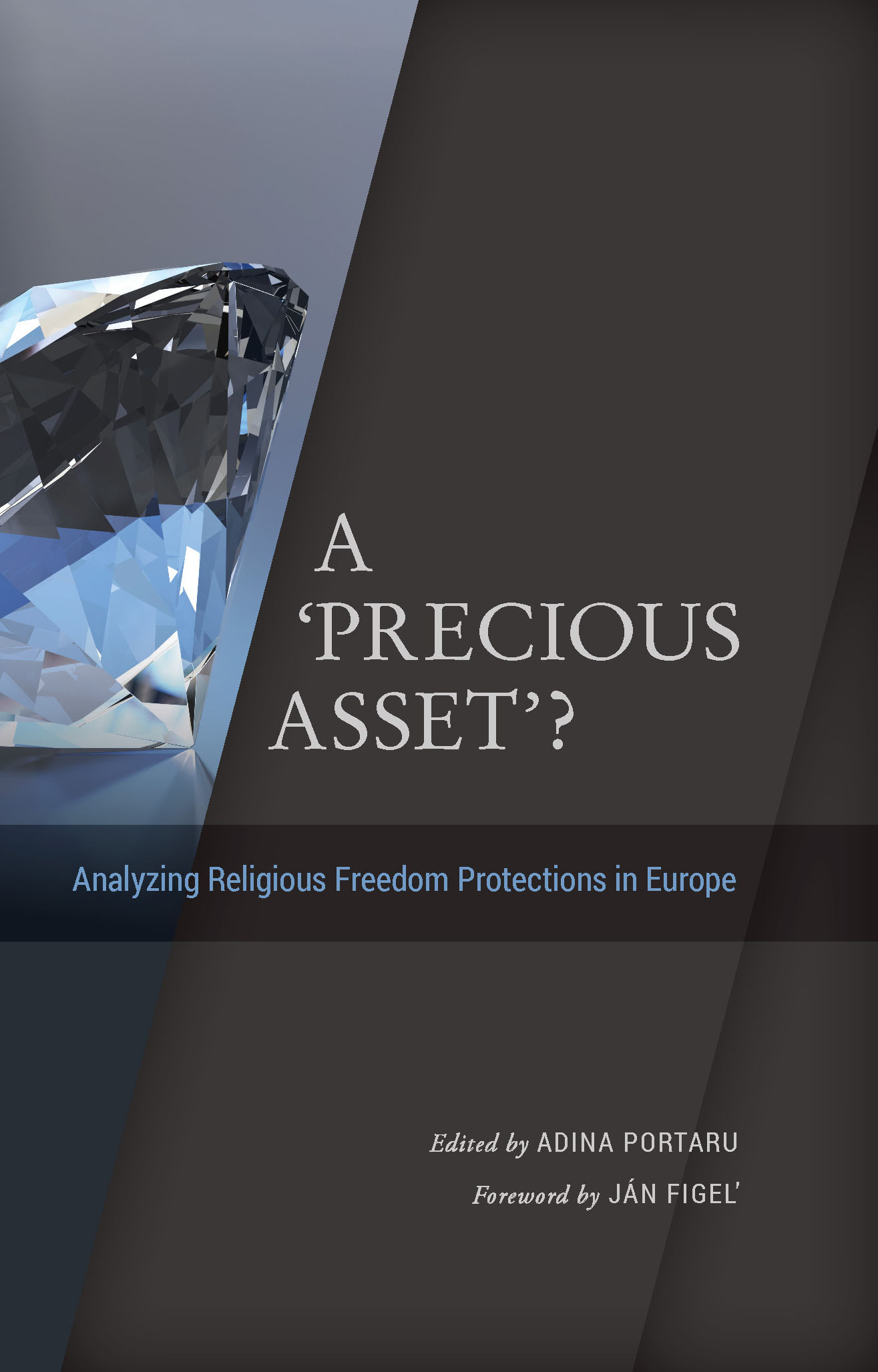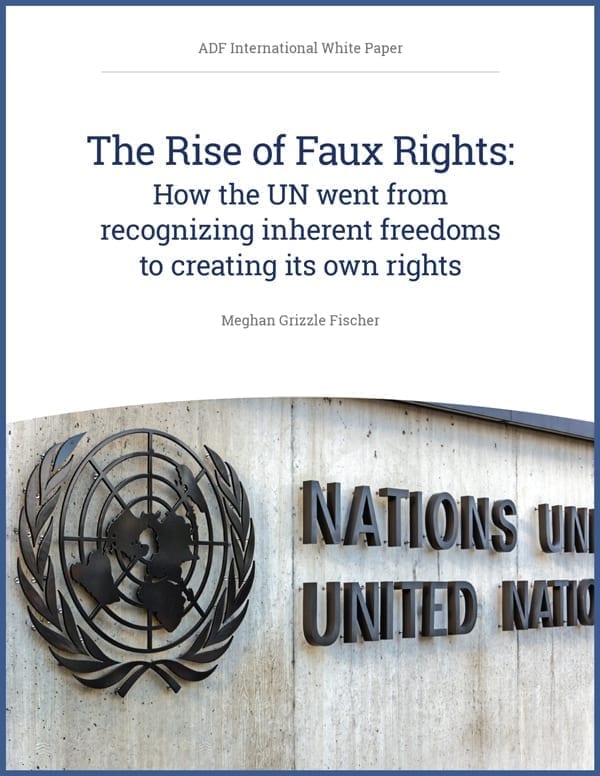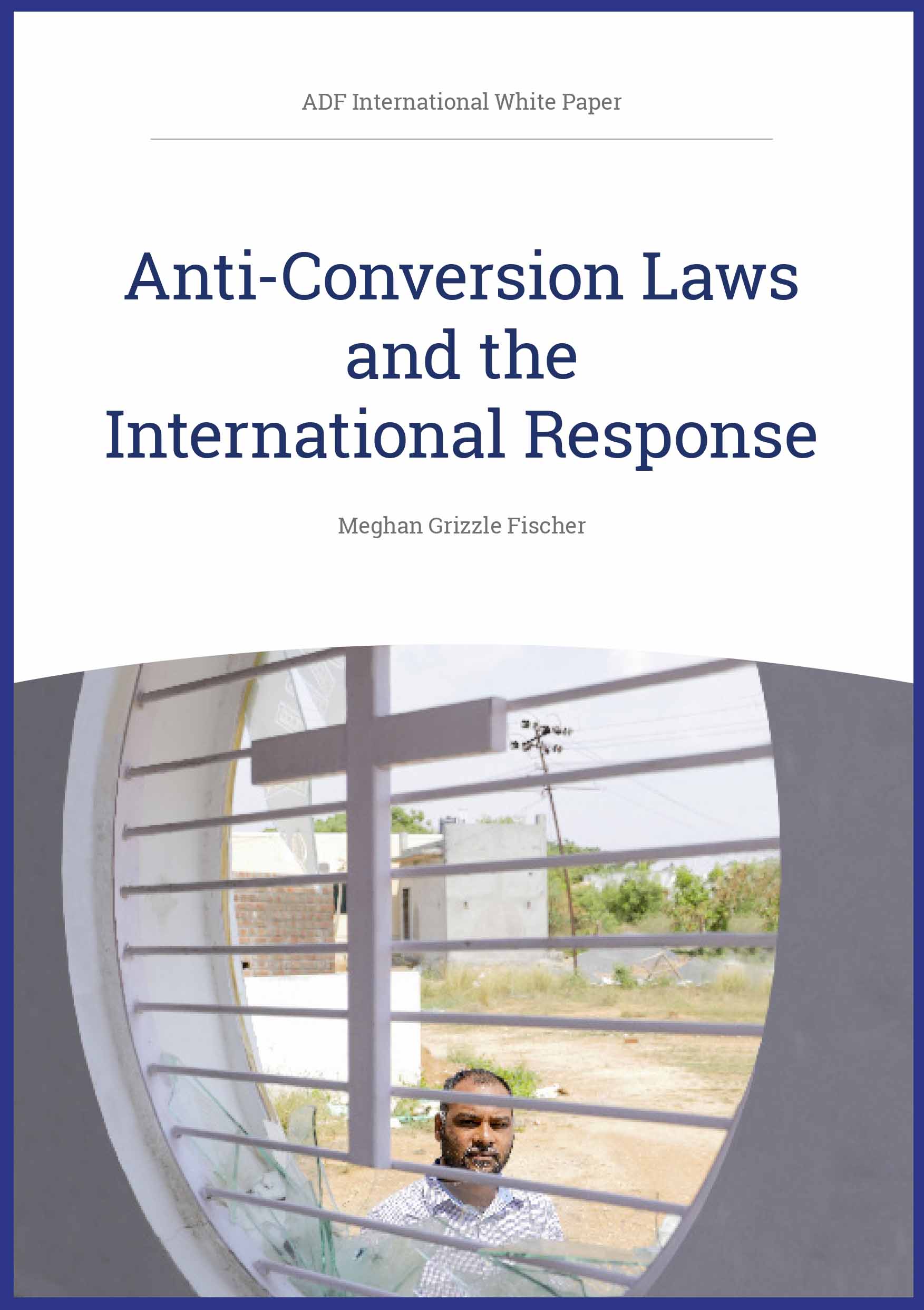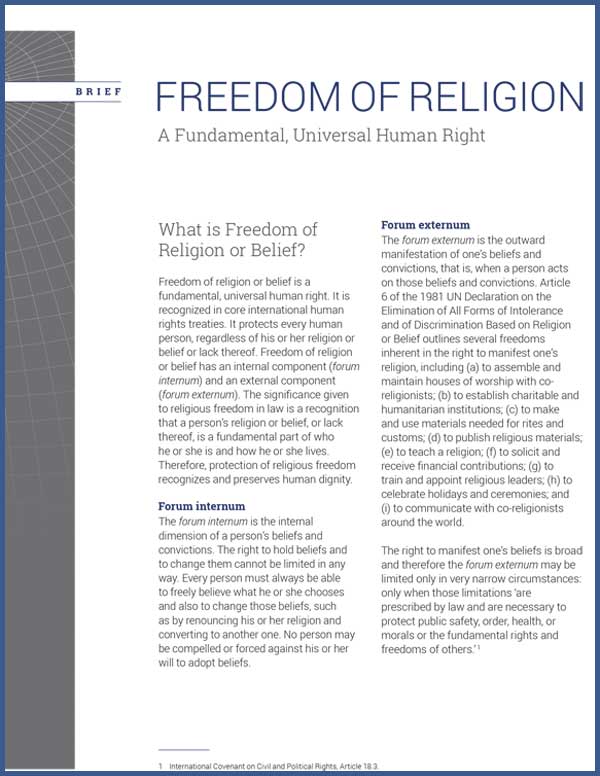UPR
Bulgaria (36th Session)
ADF International is a faith-based legal advocacy organization that protects fundamental freedoms and promotes the inherent dignity of all people before national and international institutions. As well as having ECOSOC consultative status with the United Nations (registered name “Alliance Defending Freedom”), ADF International has accreditation with the European Commission and Parliament, the Organization for Security and Co-operation in Europe and the Organization of American States, and is a participant in the FRA Fundamental Rights Platform.
This report focuses on Bulgaria’s failure to respect the rights of the child as well as parental rights, notably by introducing legislation that provides for undue interference with family life.



